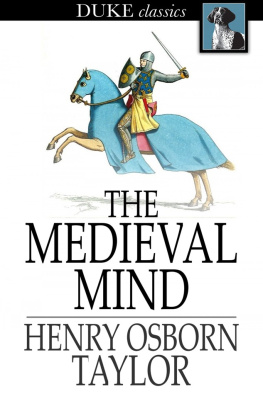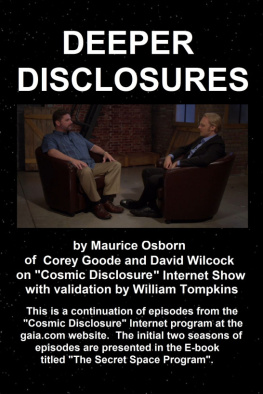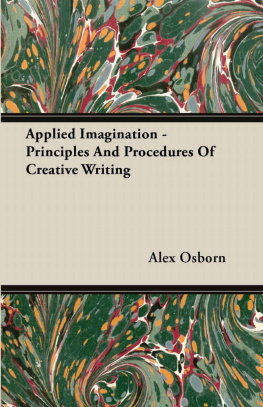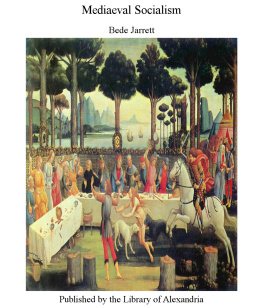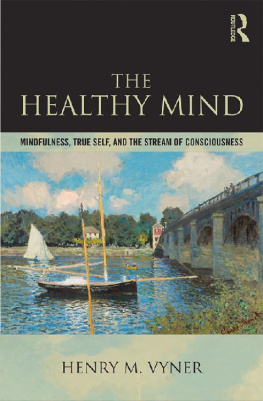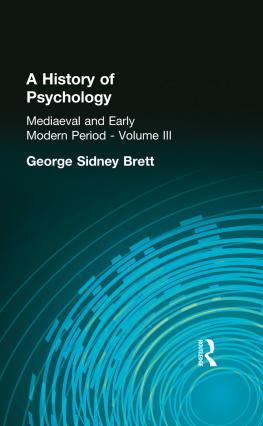Henry Osborn Taylor - The Mediaeval Mind (Volume 2 of 2)
Here you can read online Henry Osborn Taylor - The Mediaeval Mind (Volume 2 of 2) full text of the book (entire story) in english for free. Download pdf and epub, get meaning, cover and reviews about this ebook. year: 2020, publisher: e-artnow, genre: Science. Description of the work, (preface) as well as reviews are available. Best literature library LitArk.com created for fans of good reading and offers a wide selection of genres:
Romance novel
Science fiction
Adventure
Detective
Science
History
Home and family
Prose
Art
Politics
Computer
Non-fiction
Religion
Business
Children
Humor
Choose a favorite category and find really read worthwhile books. Enjoy immersion in the world of imagination, feel the emotions of the characters or learn something new for yourself, make an fascinating discovery.

- Book:The Mediaeval Mind (Volume 2 of 2)
- Author:
- Publisher:e-artnow
- Genre:
- Year:2020
- Rating:4 / 5
- Favourites:Add to favourites
- Your mark:
- 80
- 1
- 2
- 3
- 4
- 5
The Mediaeval Mind (Volume 2 of 2): summary, description and annotation
We offer to read an annotation, description, summary or preface (depends on what the author of the book "The Mediaeval Mind (Volume 2 of 2)" wrote himself). If you haven't found the necessary information about the book — write in the comments, we will try to find it.
The Mediaeval Mind (Volume 2 of 2) — read online for free the complete book (whole text) full work
Below is the text of the book, divided by pages. System saving the place of the last page read, allows you to conveniently read the book "The Mediaeval Mind (Volume 2 of 2)" online for free, without having to search again every time where you left off. Put a bookmark, and you can go to the page where you finished reading at any time.
Font size:
Interval:
Bookmark:

London Bombay Calcutta
Melbourne
THE MACMILLAN COMPANY
New York Boston Chicago
Atlanta San Francisco
THE MACMILLAN CO. OF CANADA, Ltd.
TORONTO
OF THOUGHT AND EMOTION
IN THE MIDDLE AGES
HENRY OSBORN TAYLOR
ST. MARTINS STREET, LONDON
1911
THE IDEAL AND THE ACTUAL: SOCIETY (continued) | |
| PAGE | |
| The Heart of Helose | |
| German Considerations: Walther von der Vogelweide | |
SYMBOLISM | |
| Scriptural Allegories in the Early Middle Ages; Honorius of Autun | |
| The Rationale of the Visible World: Hugo of St. Victor | |
| Cathedral and Mass; Hymn and Imaginative Poem | |
| I. | Guilelmus Durandus and Vincent of Beauvais. |
| II. | The Hymns of Adam of St. Victor and the Anticlaudianus of Alanus of Lille. |
LATINITY AND LAW | |
| The Spell of the Classics | |
| I. | Classical Reading. |
| II. | Grammar. |
| III. | The Effect upon the Mediaeval Man; Hildebert of Lavardin. |
| Evolution of Mediaeval Latin Prose | |
| Evolution of Mediaeval Latin Verse | |
| I. | Metrical Verse. |
| II. | Substitution of Accent for Quantity. |
| III. | Sequence-Hymn and Student-Song. |
| IV. | Passage of Themes into the Vernacular. |
| Mediaeval Appropriation of the Roman Law | |
| I. | The Fontes Juris Civilis. |
| II. | Roman and Barbarian Codification. |
| III. | The Mediaeval Appropriation. |
| IV. | Church Law. |
| V. | Political Theorizing. |
ULTIMATE INTELLECTUAL INTERESTS OF THE TWELFTH AND THIRTEENTH CENTURIES | |
| Scholasticism: Spirit, Scope, and Method | |
| Classification of Topics; Stages of Evolution | |
| I. | Philosophic Classification of the Sciences; the Arrangement of Vincents Encyclopaedia, of the Lombards Sentences, of Aquinass Summa theologiae. |
| II. | The Stages of Development: Grammar, Logic, Metalogics. |
| Twelfth-Century Scholasticism | |
| I. | The Problem of Universals: Abaelard. |
| II. | The Mystic Strain: Hugo and Bernard. |
| III. | The Later Decades: Bernard Silvestris; Gilbert de la Porre; William of Conches; John of Salisbury, and Alanus of Lille. |
| The Universities, Aristotle, and the Mendicants | |
| Bonaventura | |
| Albertus Magnus | |
| Thomas Aquinas | |
| I. | Thomass Conception of Human Beatitude. |
| II. | Mans Capacity to know God. |
| III. | How God knows. |
| IV. | How the Angels know. |
| V. | How Men know. |
| VI. | Knowledge through Faith perfected in Love. |
| Roger Bacon | |
| Duns Scotus and Occam | |
| The Mediaeval Synthesis: Dante | |
| INDEX |
THE IDEAL AND THE ACTUAL: SOCIETY
Font size:
Interval:
Bookmark:
Similar books «The Mediaeval Mind (Volume 2 of 2)»
Look at similar books to The Mediaeval Mind (Volume 2 of 2). We have selected literature similar in name and meaning in the hope of providing readers with more options to find new, interesting, not yet read works.
Discussion, reviews of the book The Mediaeval Mind (Volume 2 of 2) and just readers' own opinions. Leave your comments, write what you think about the work, its meaning or the main characters. Specify what exactly you liked and what you didn't like, and why you think so.

